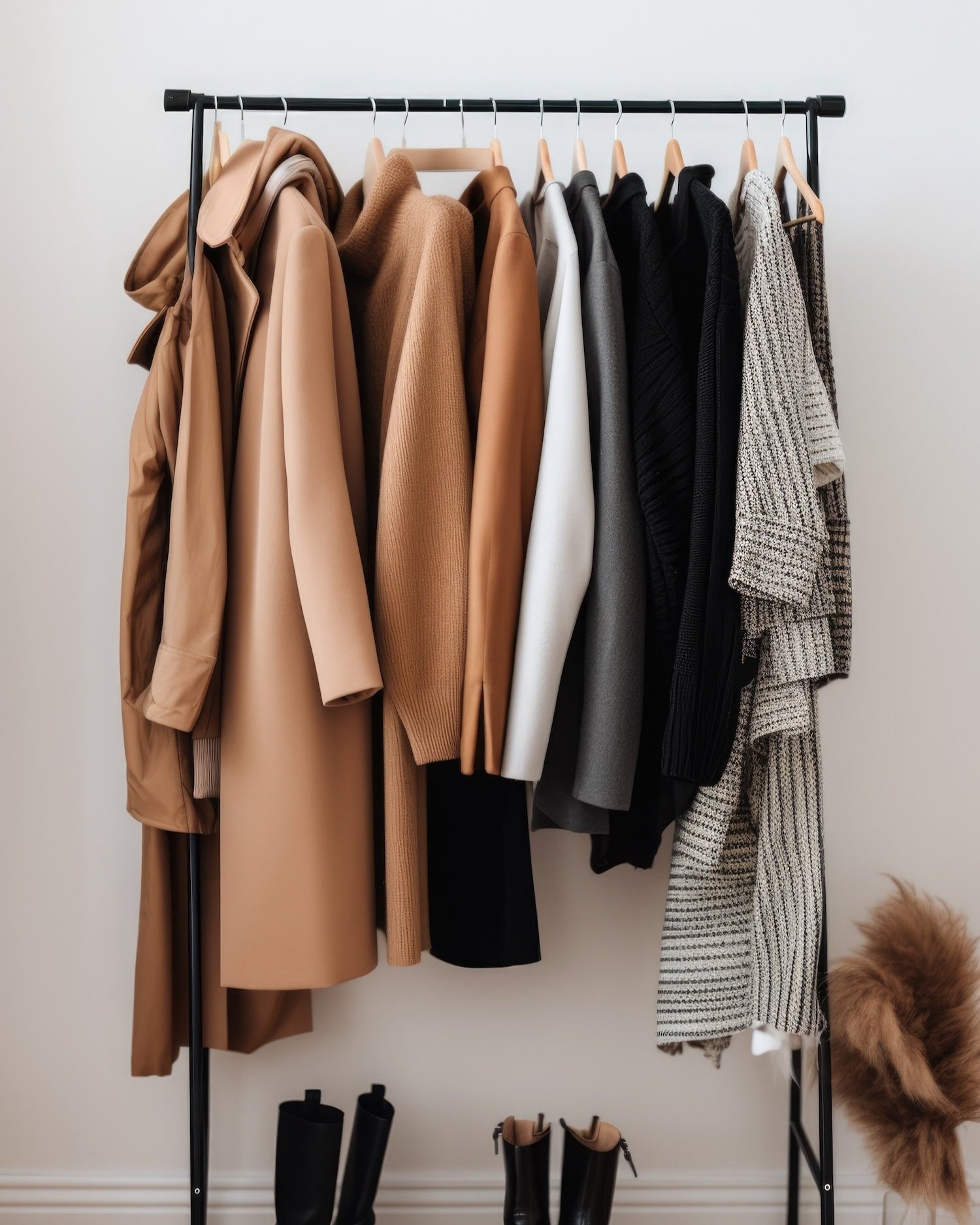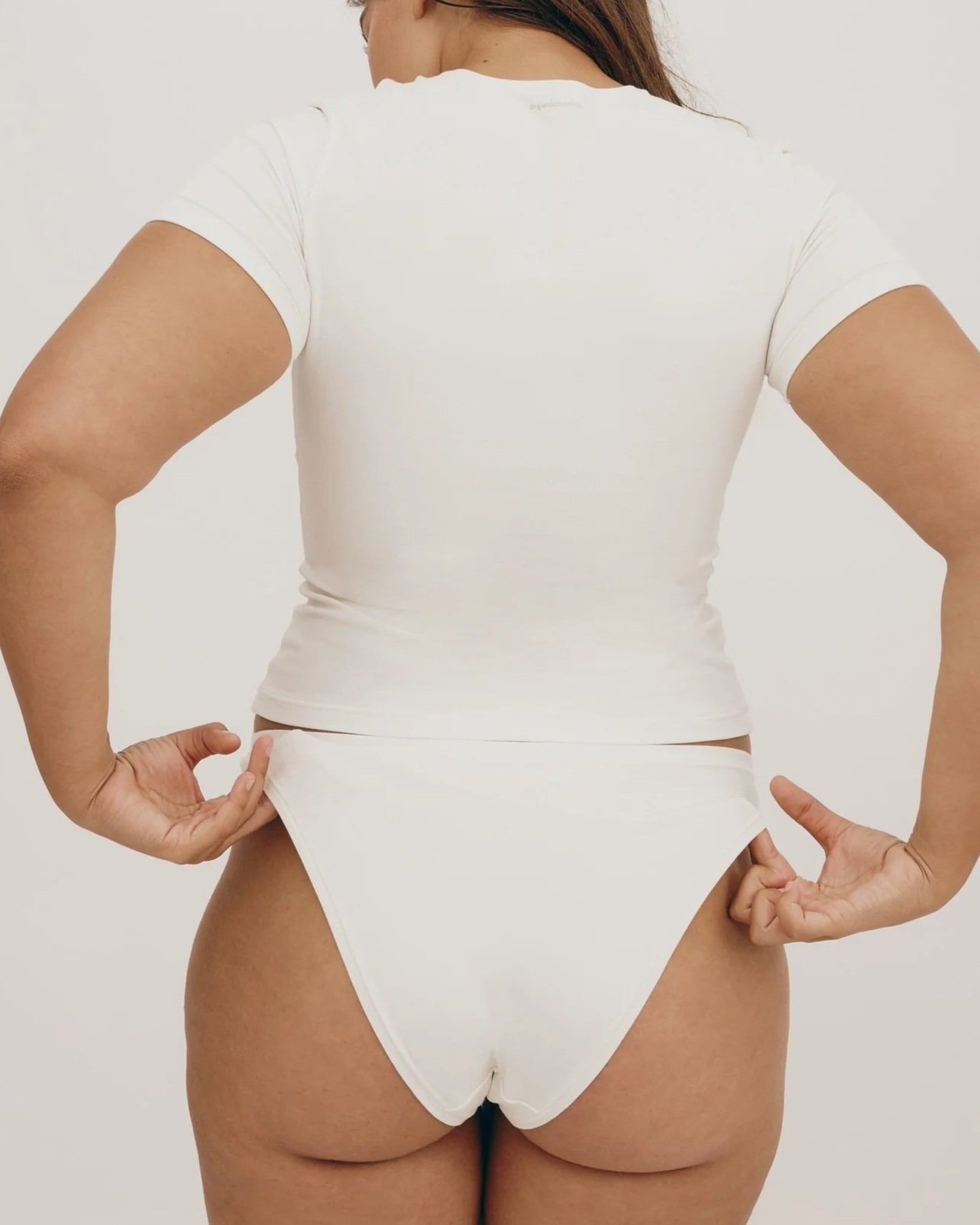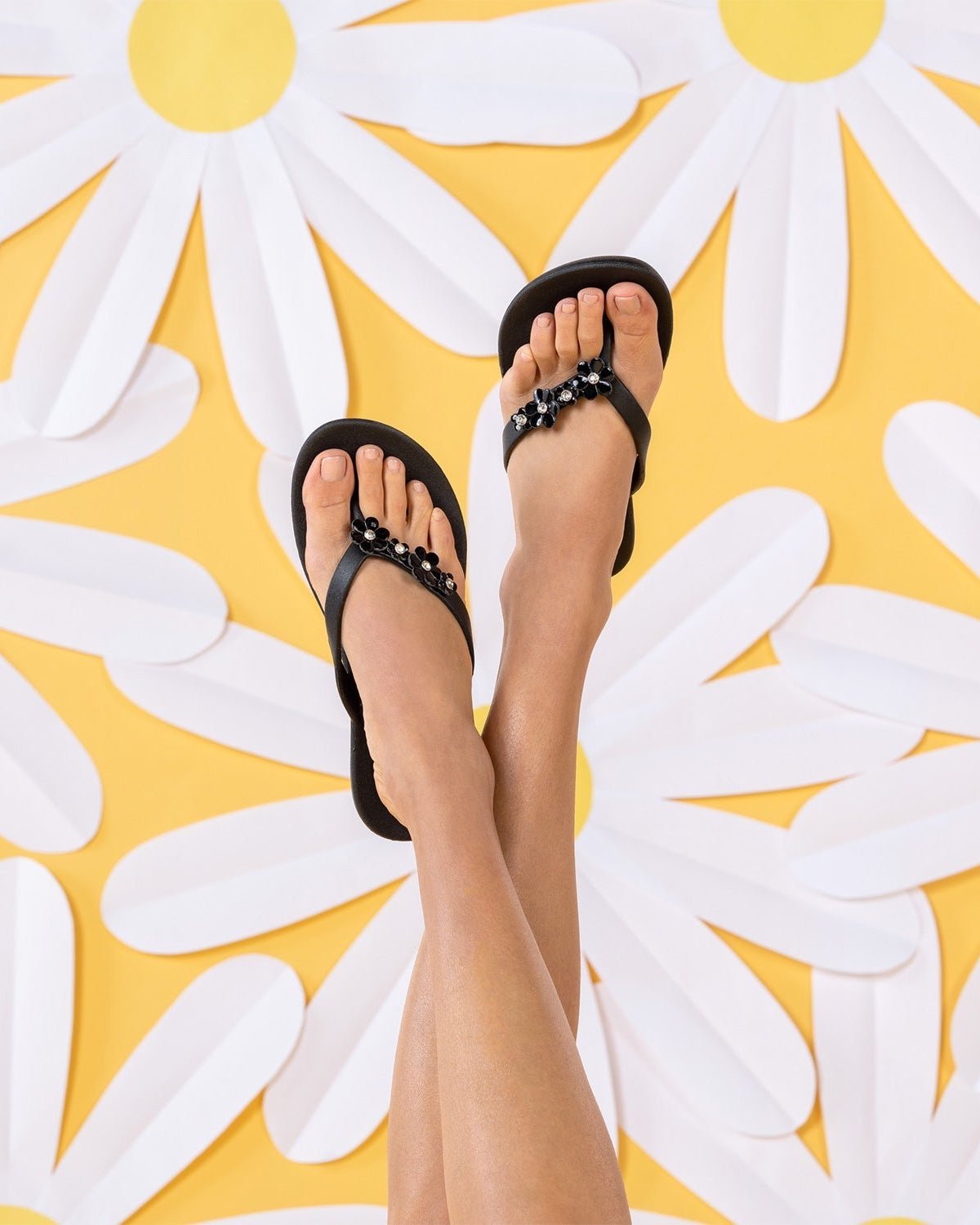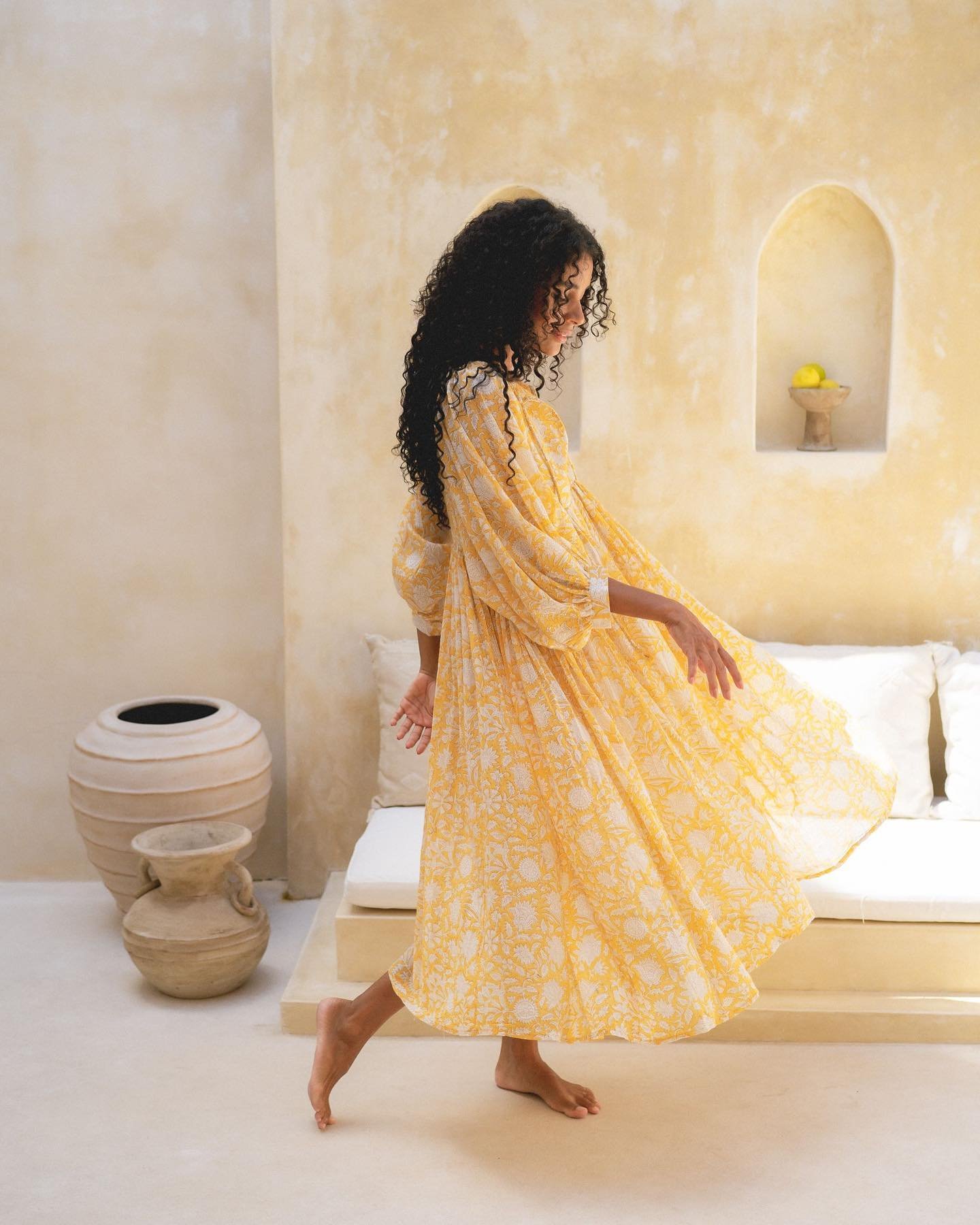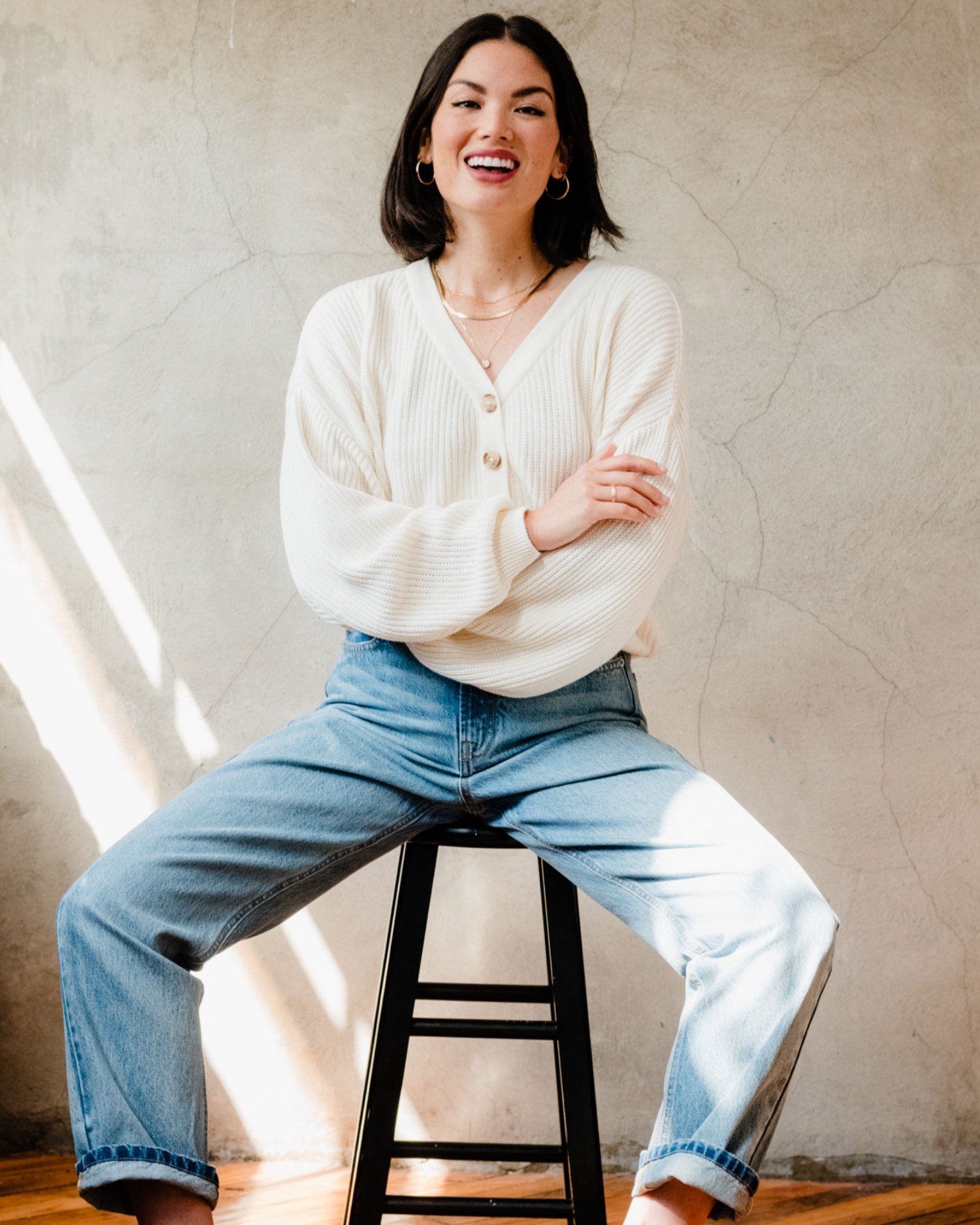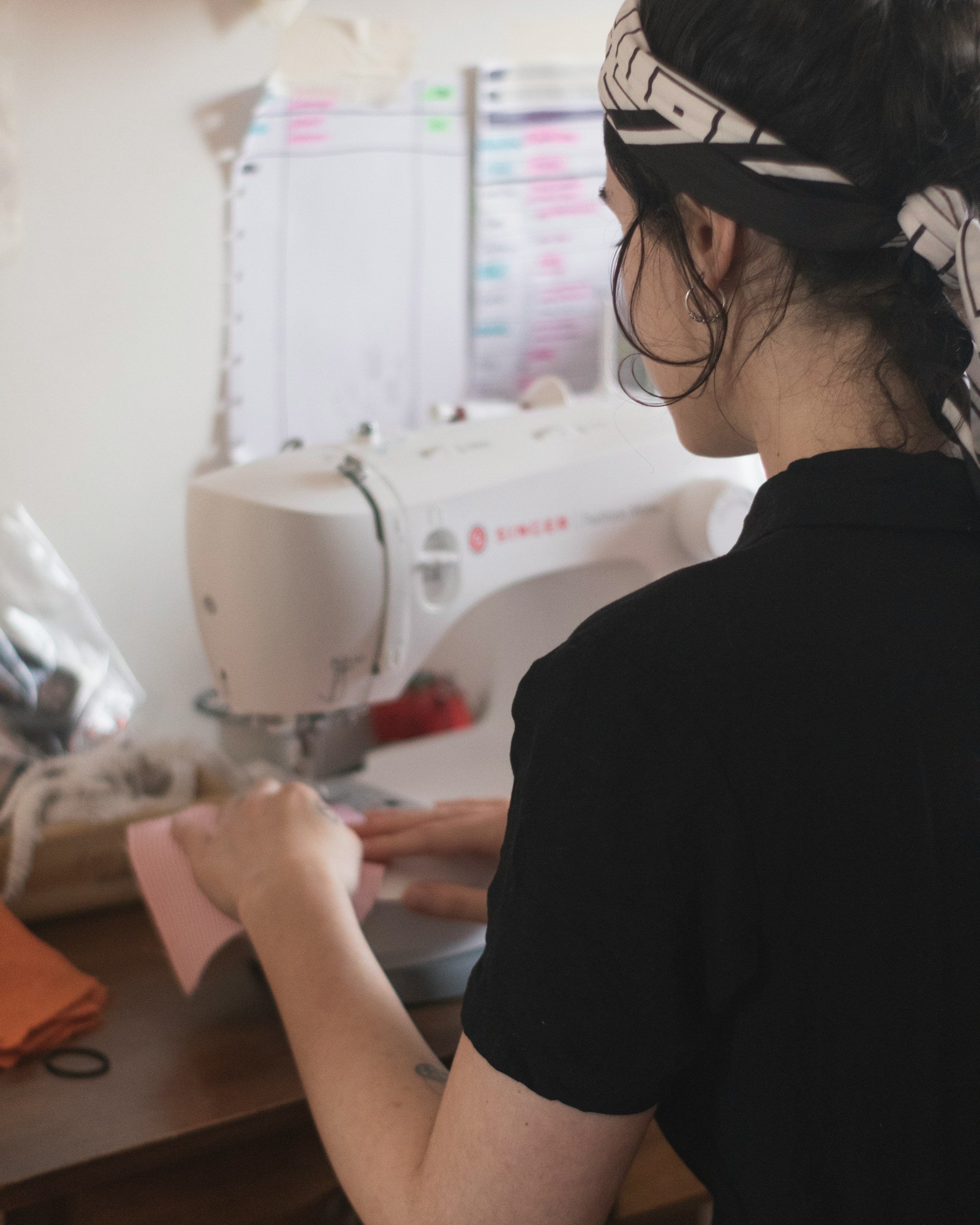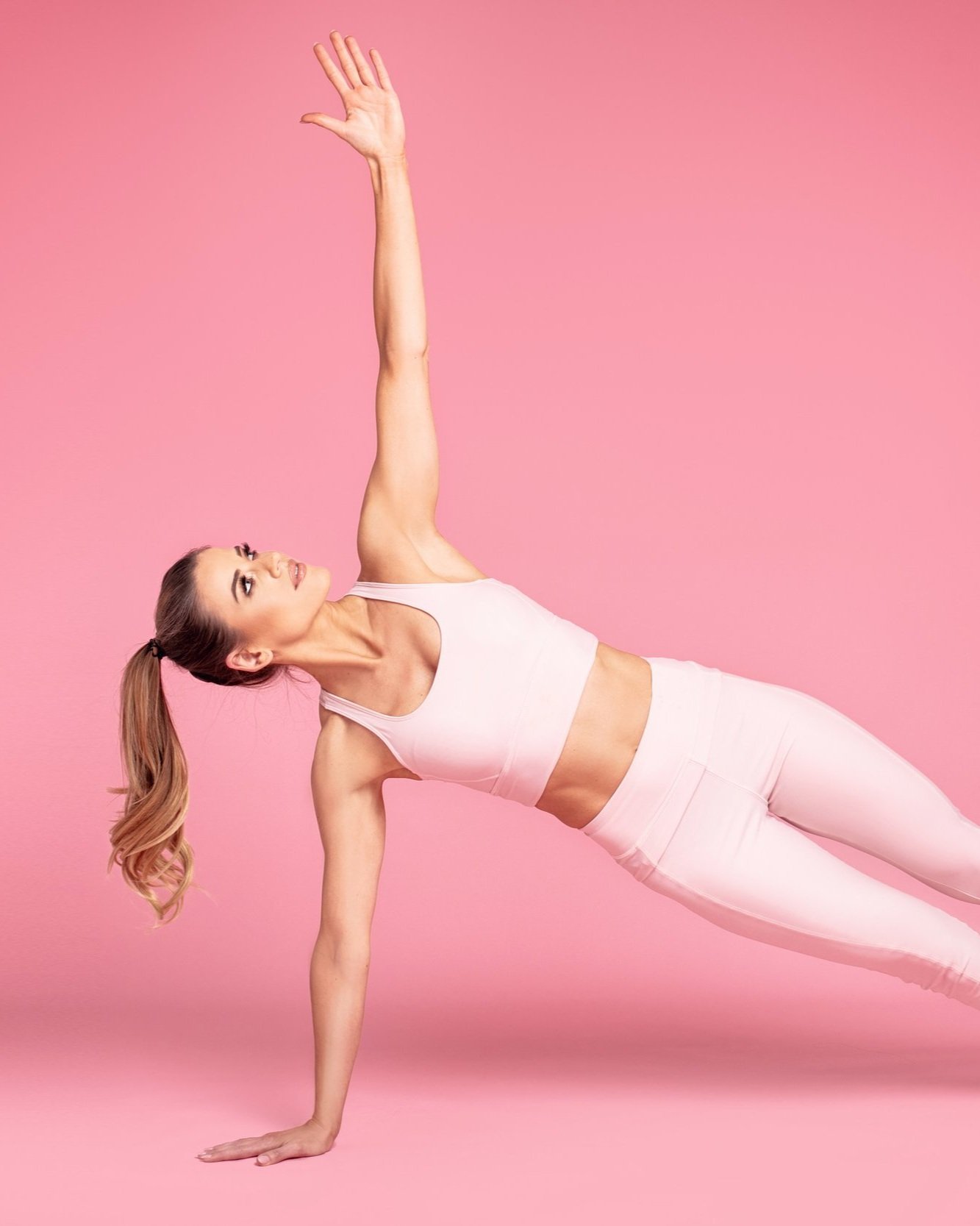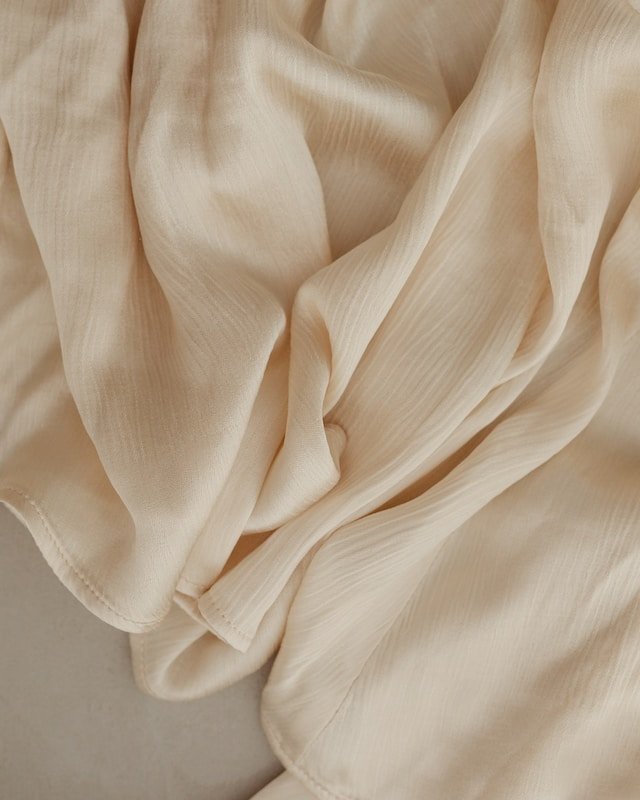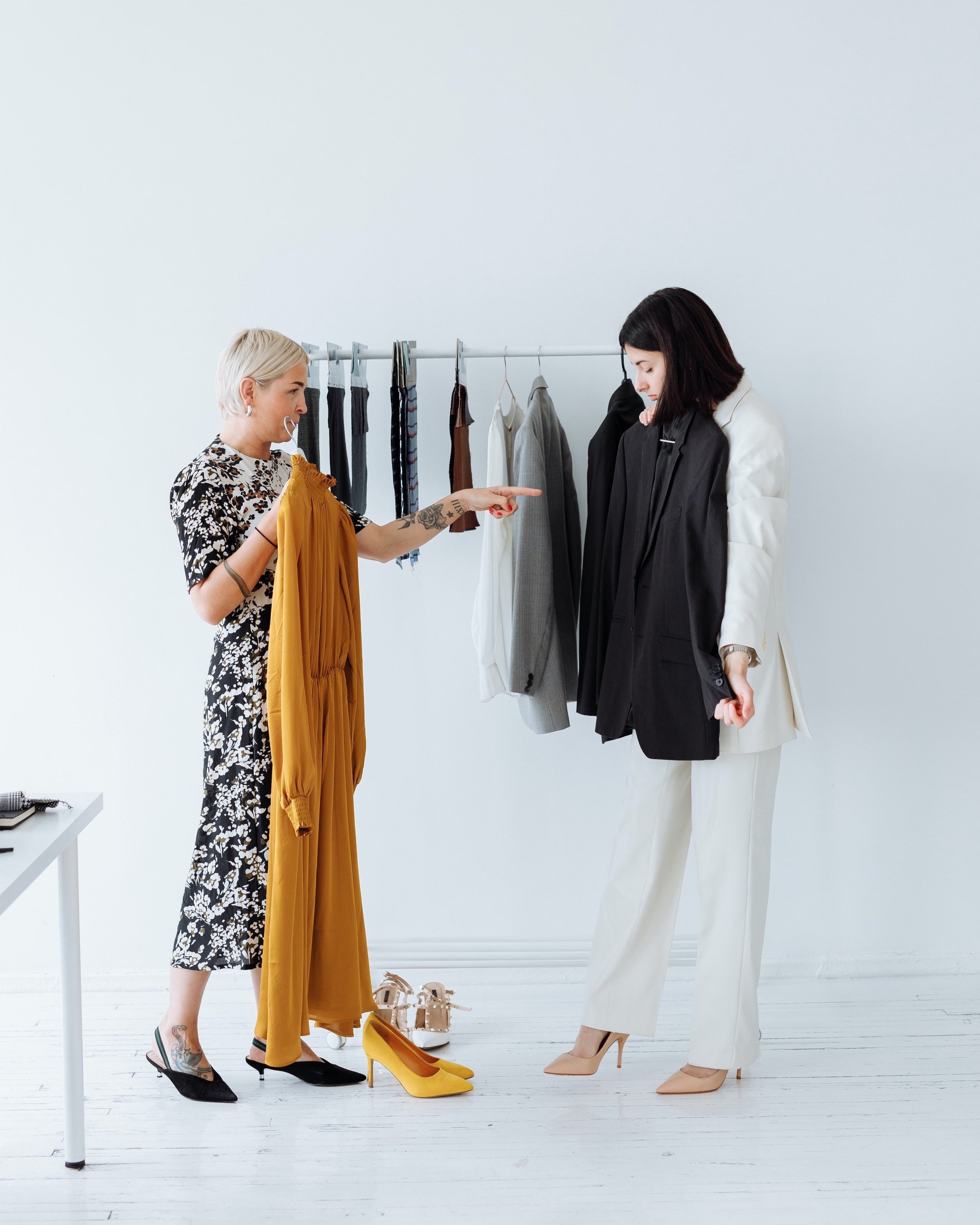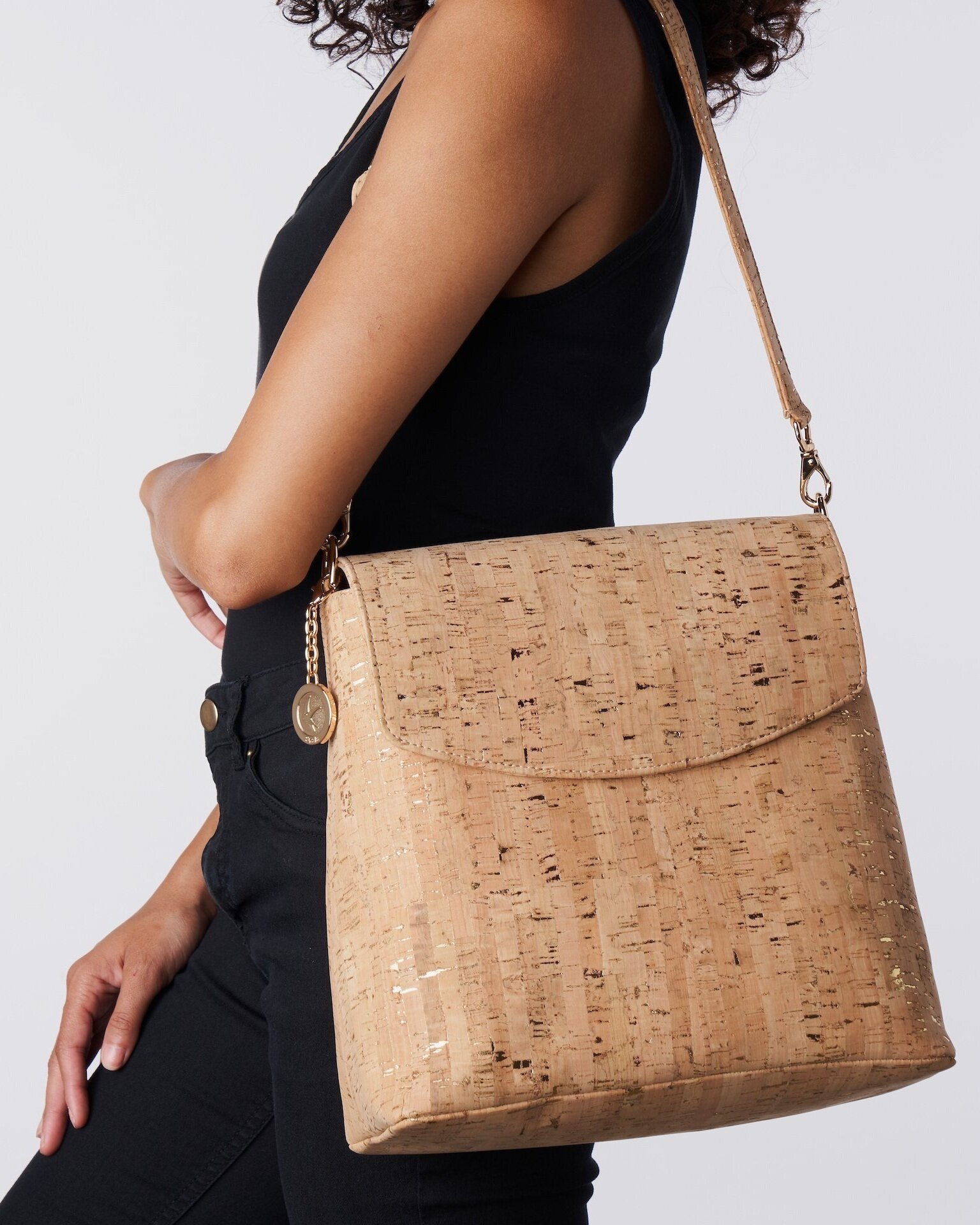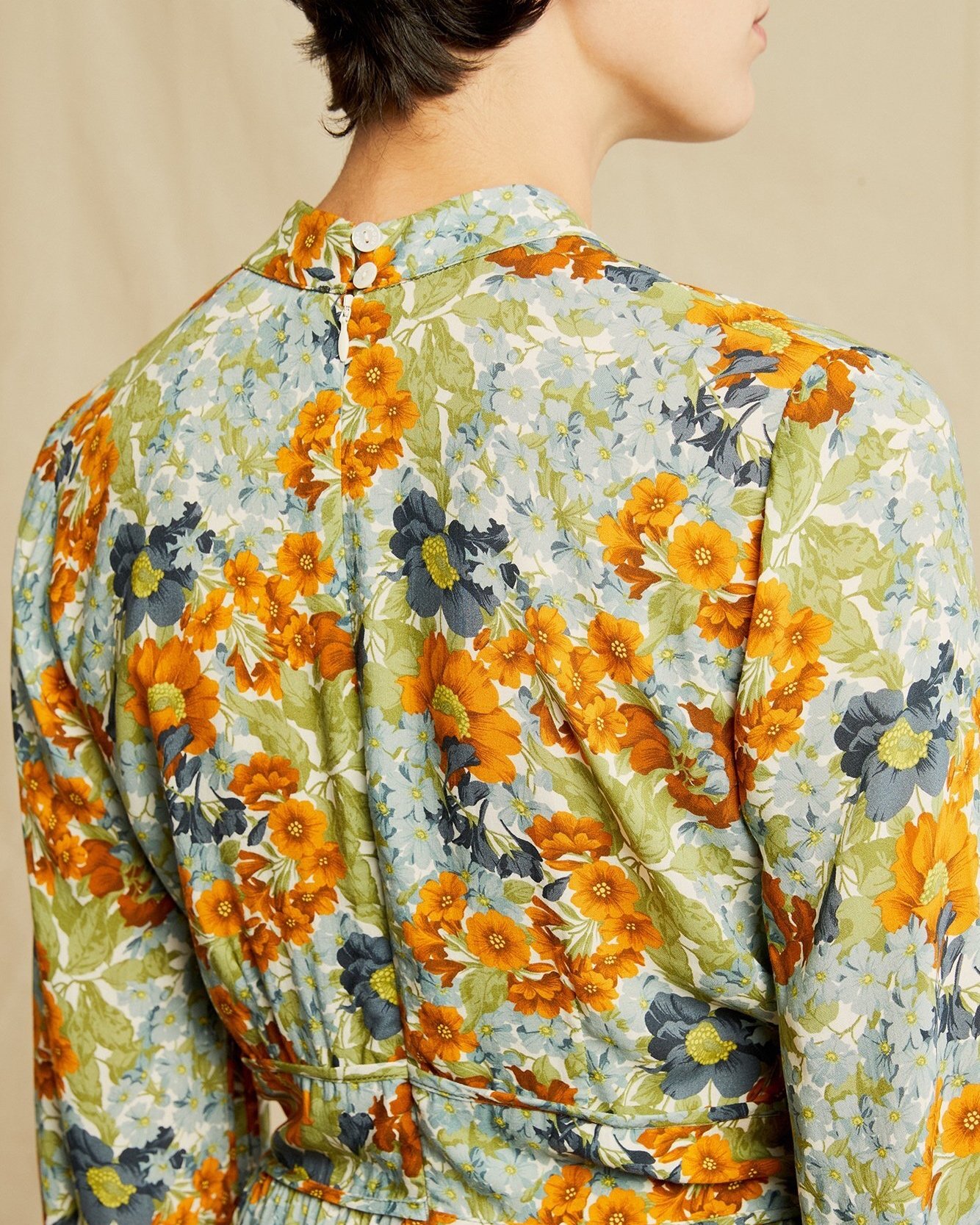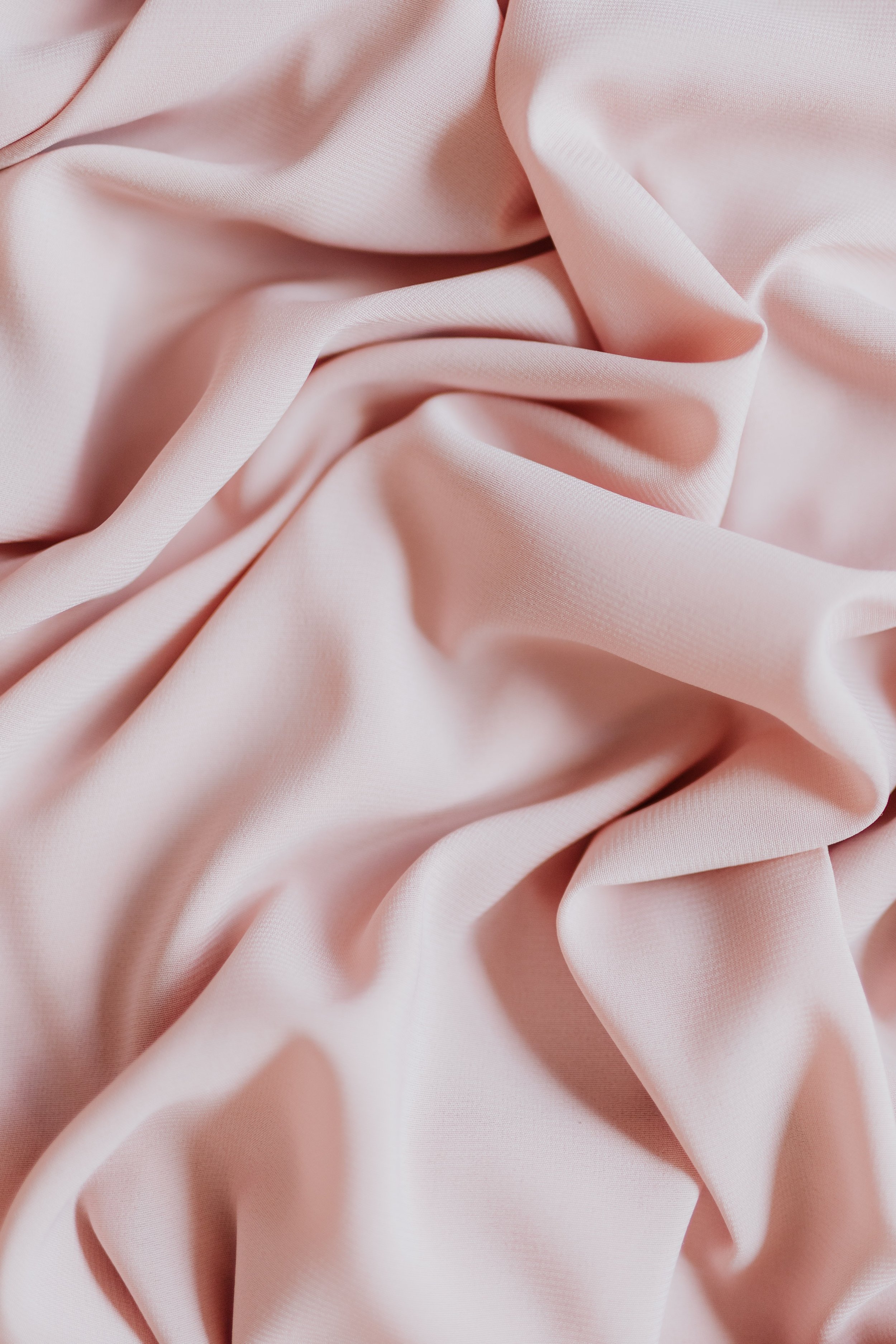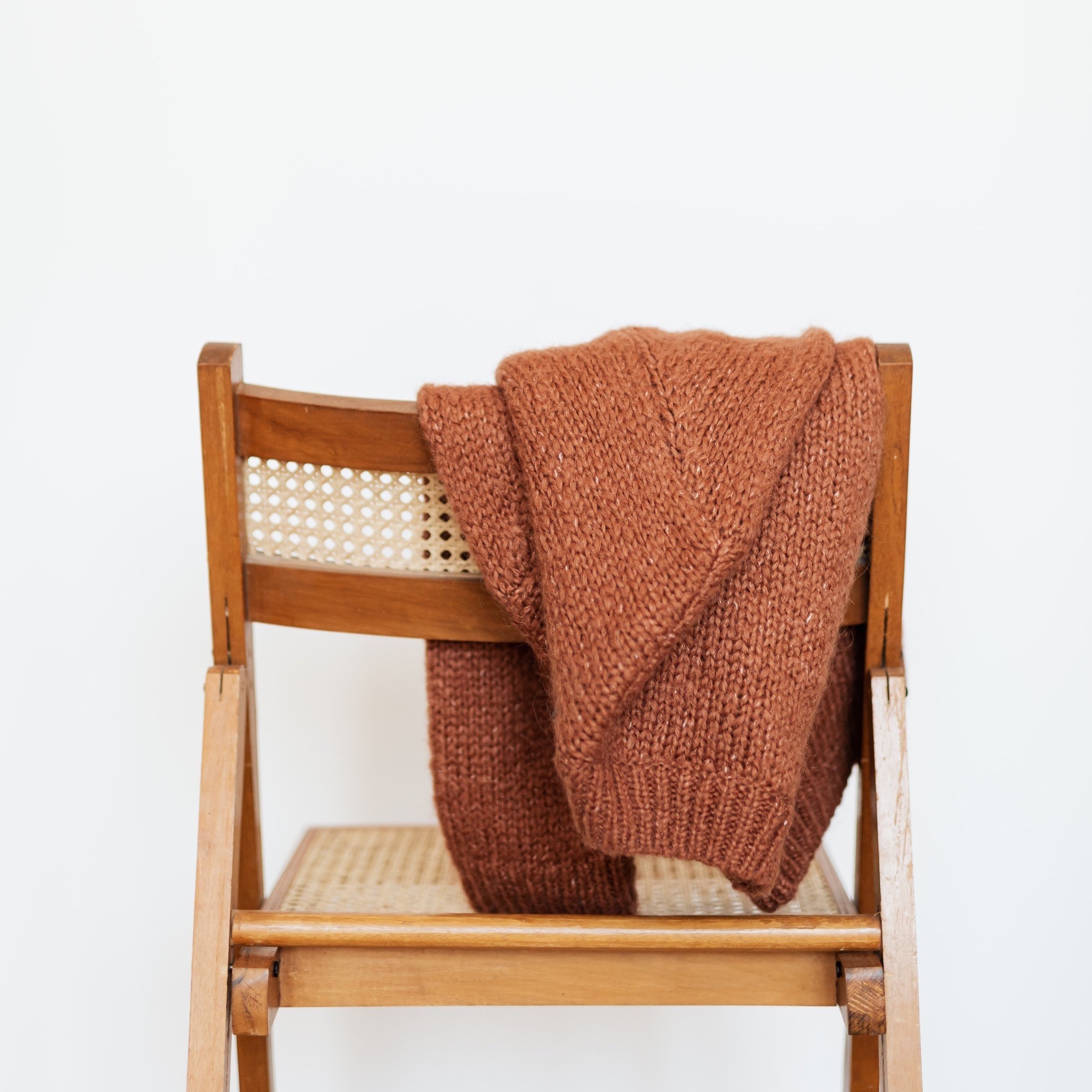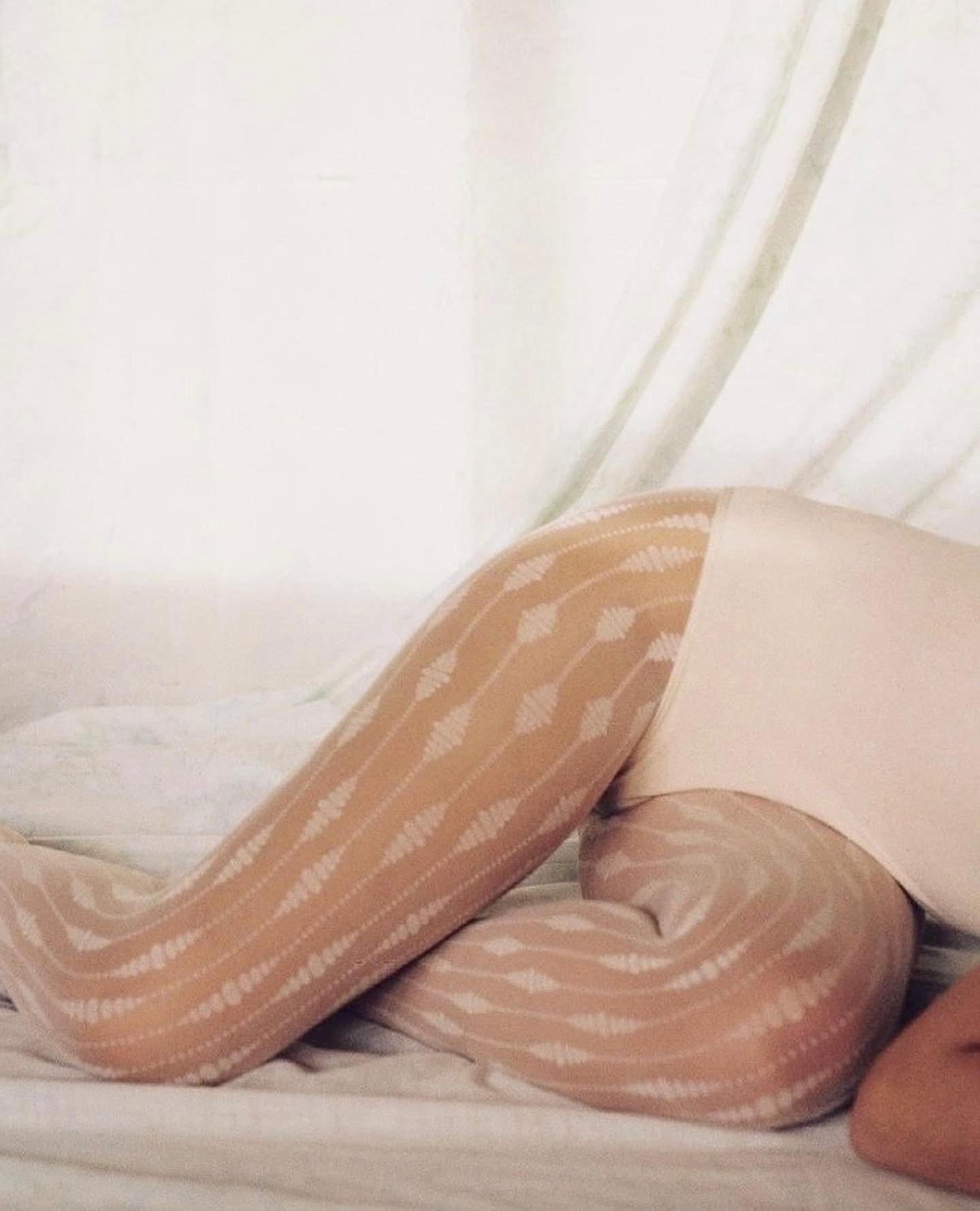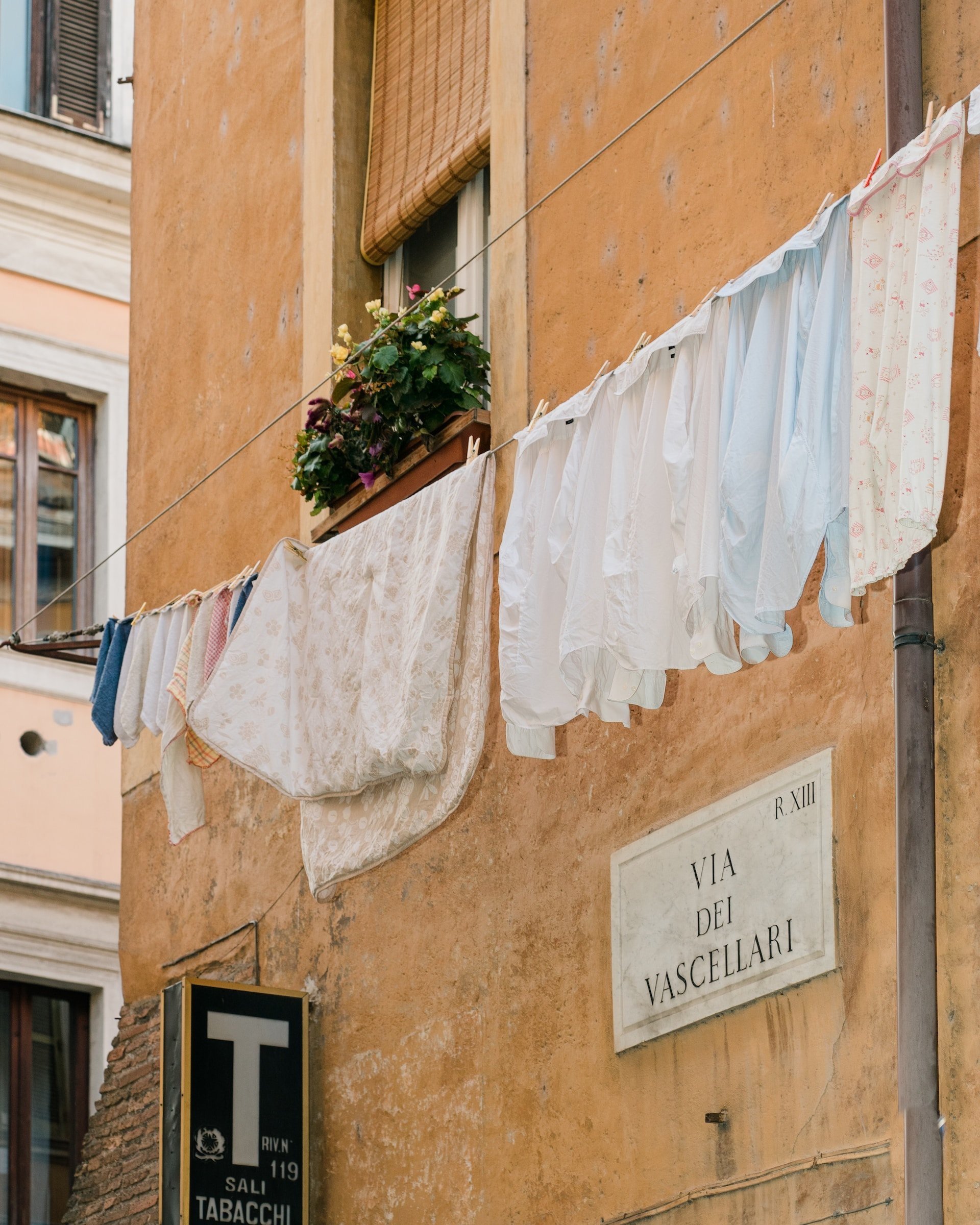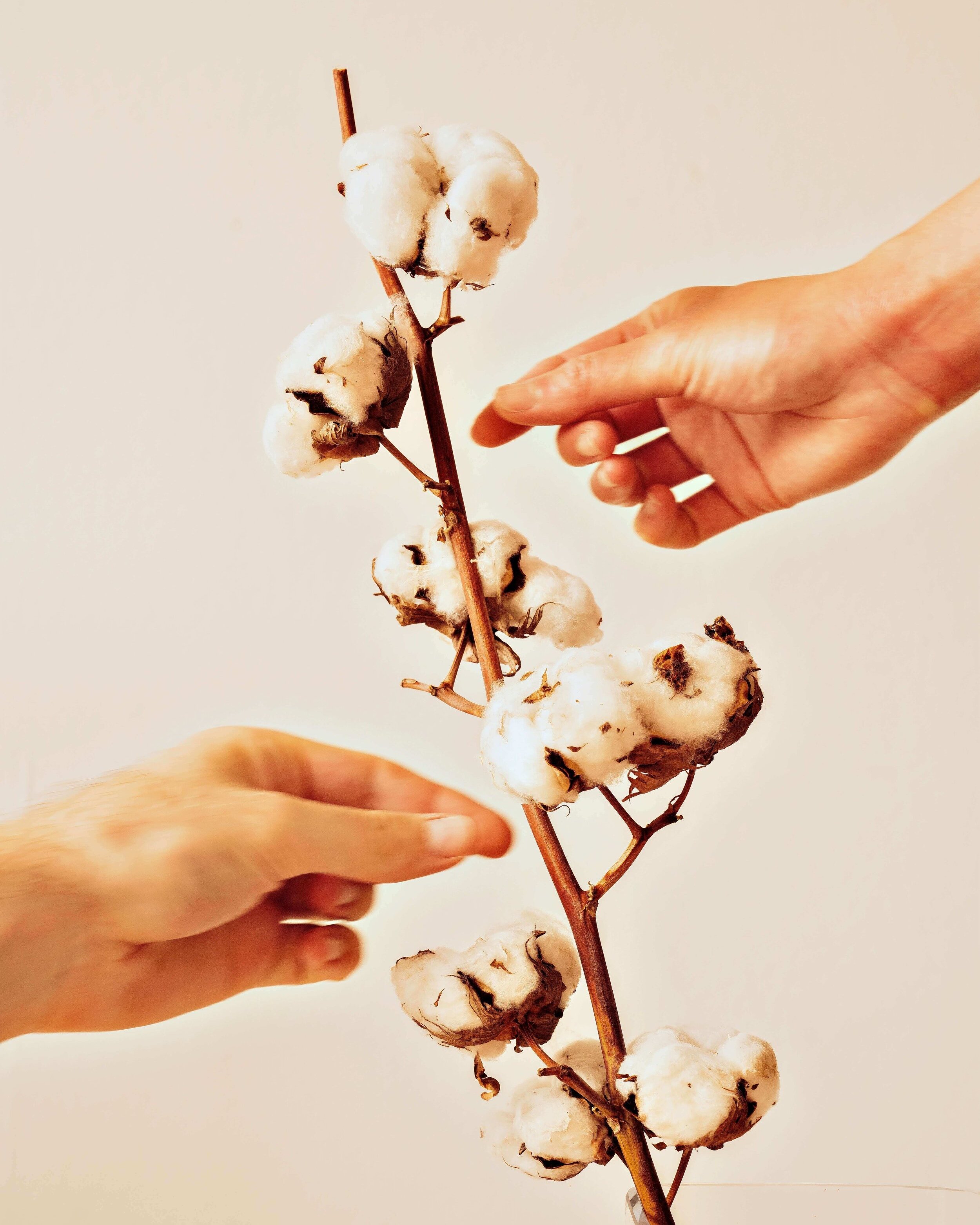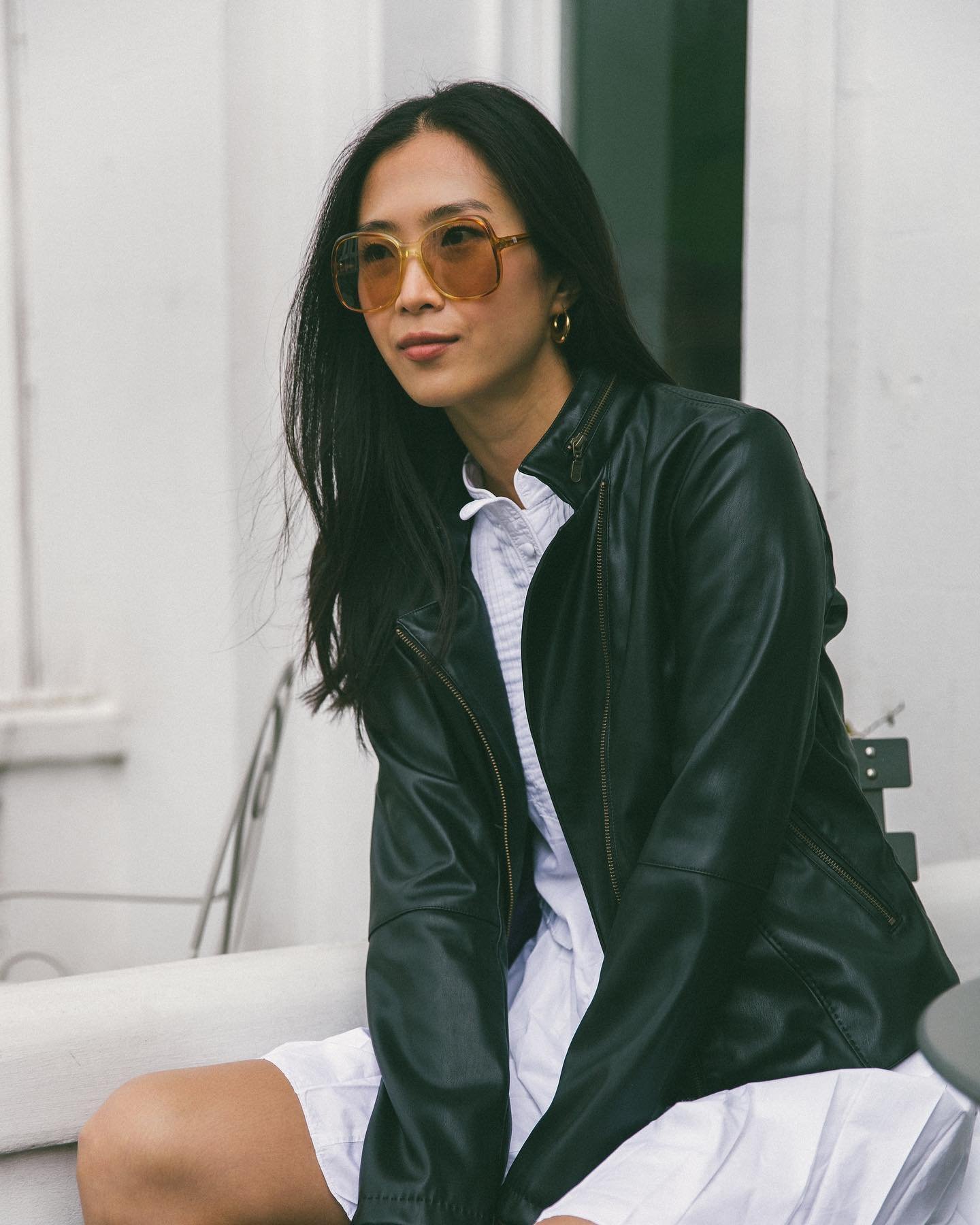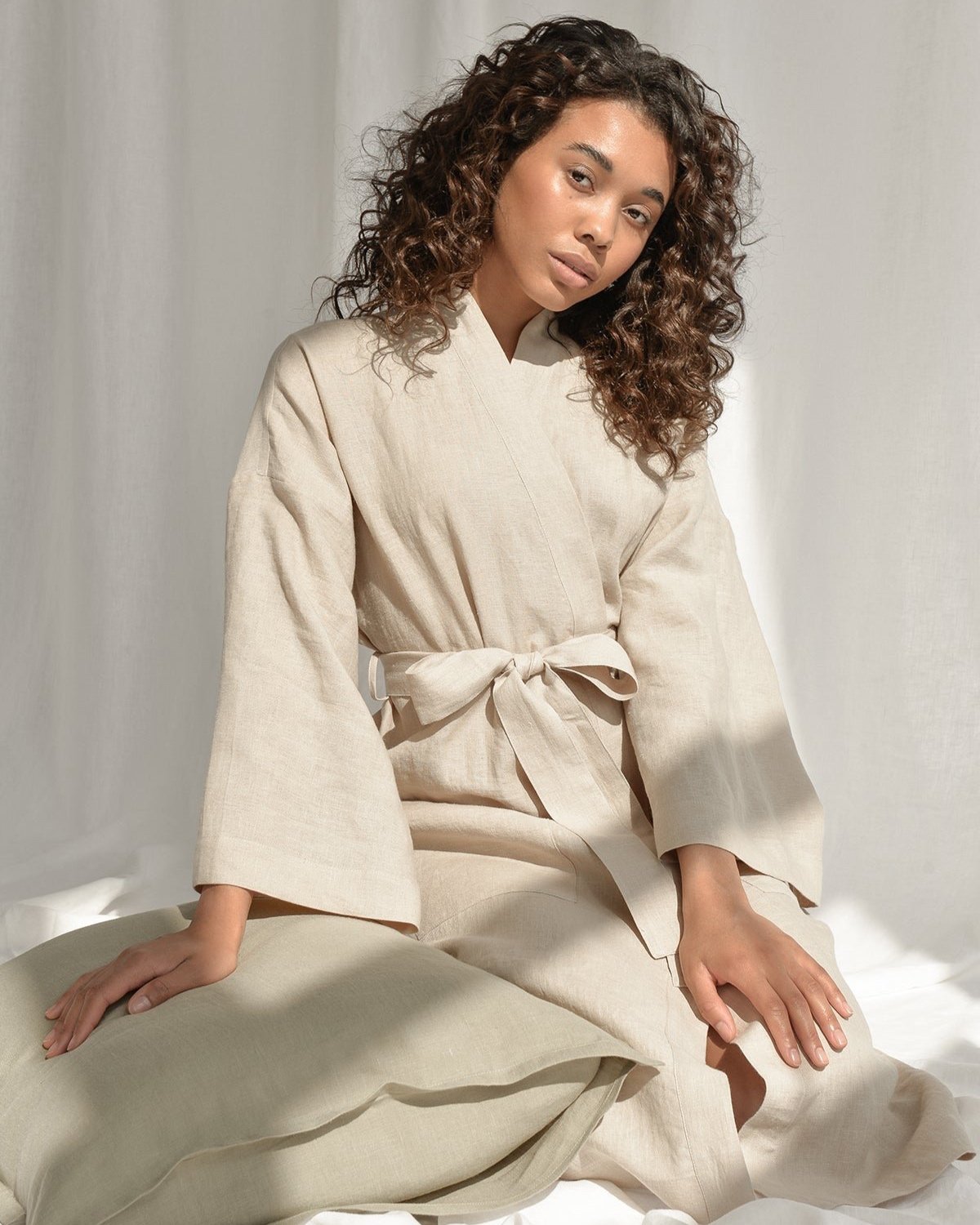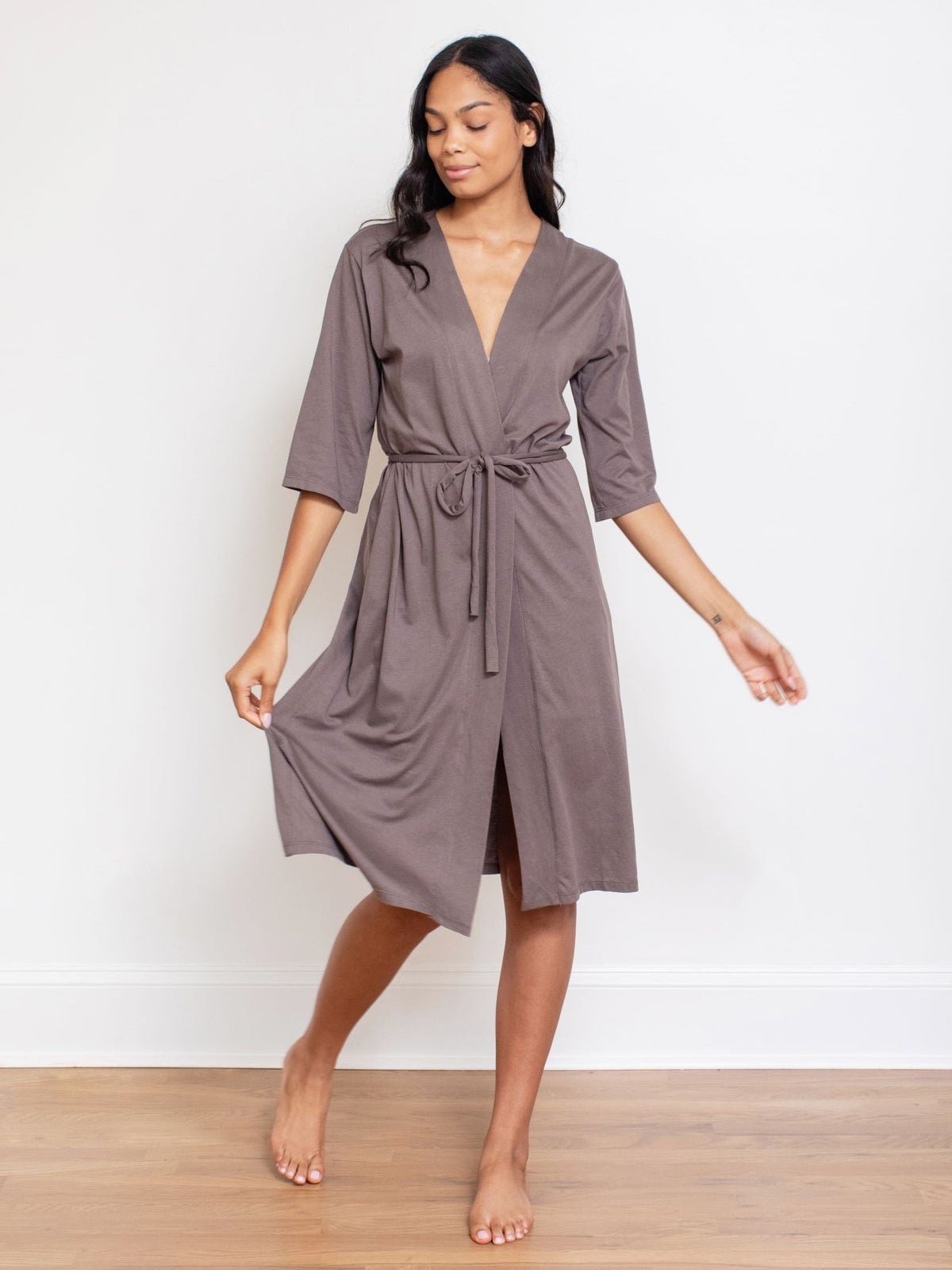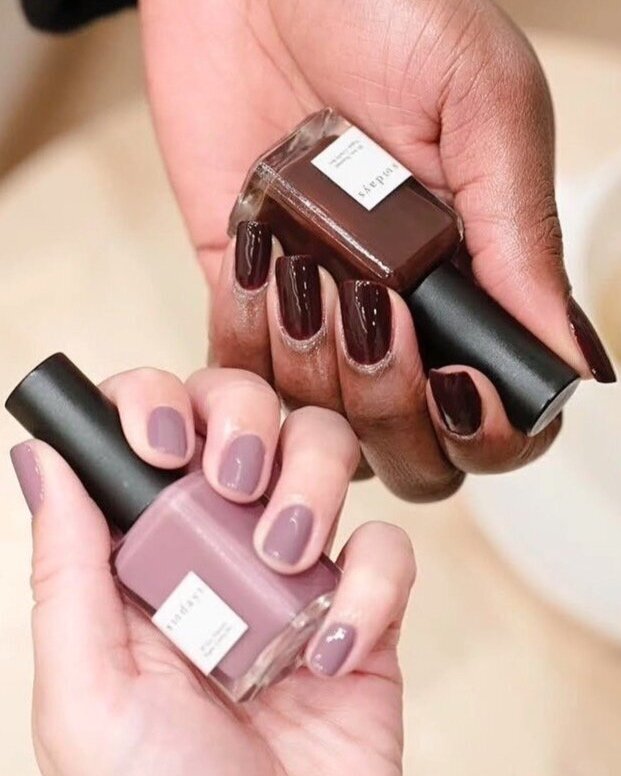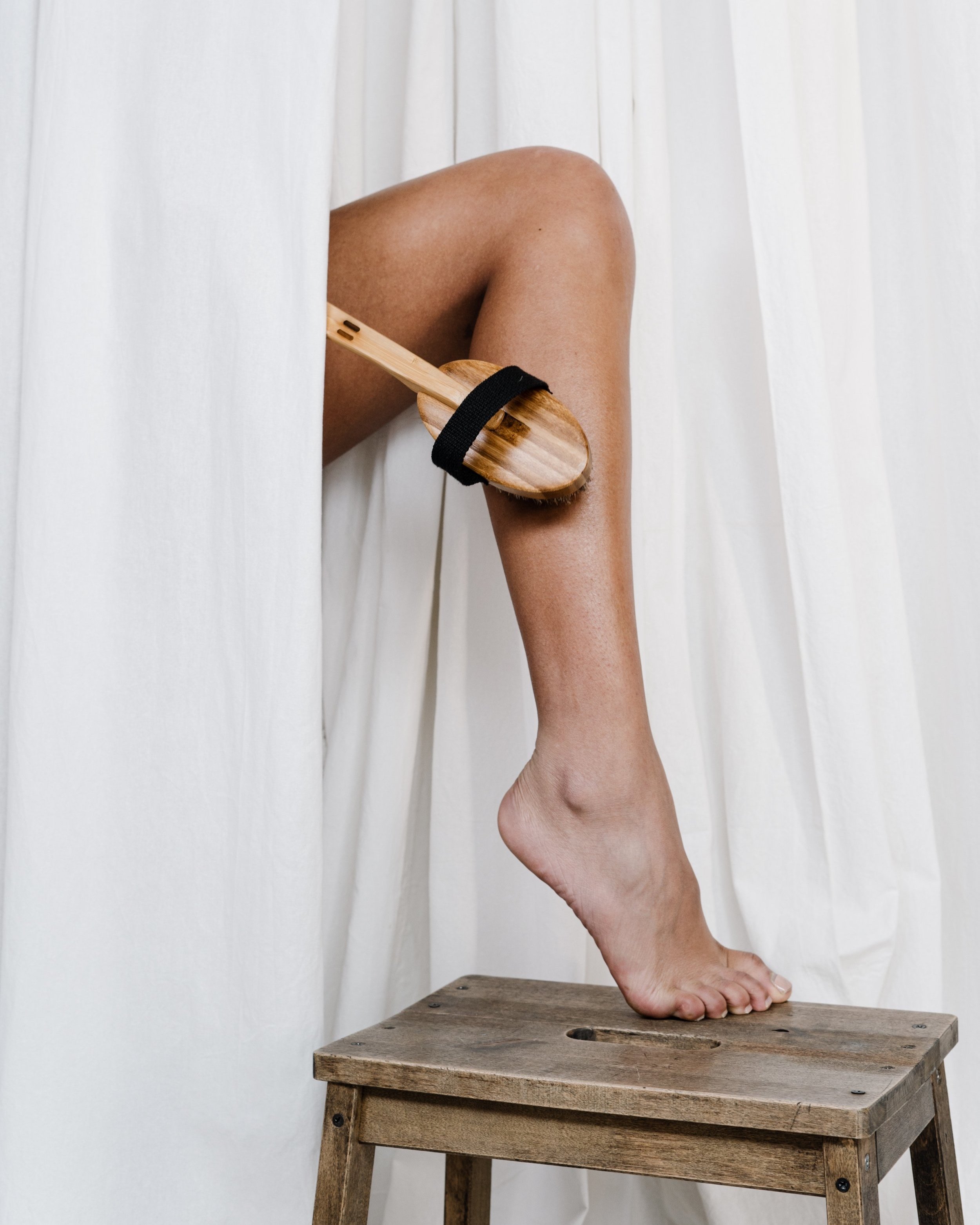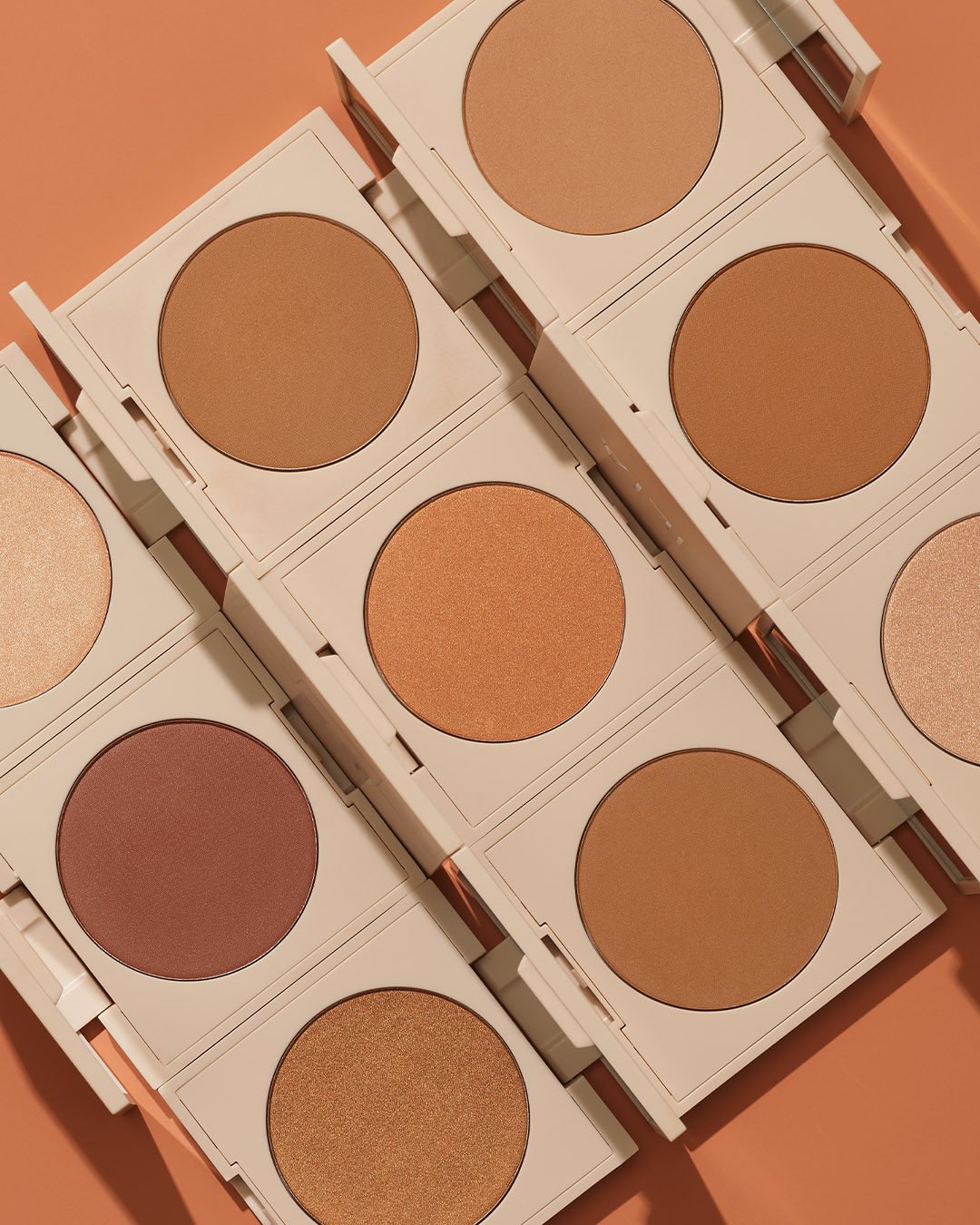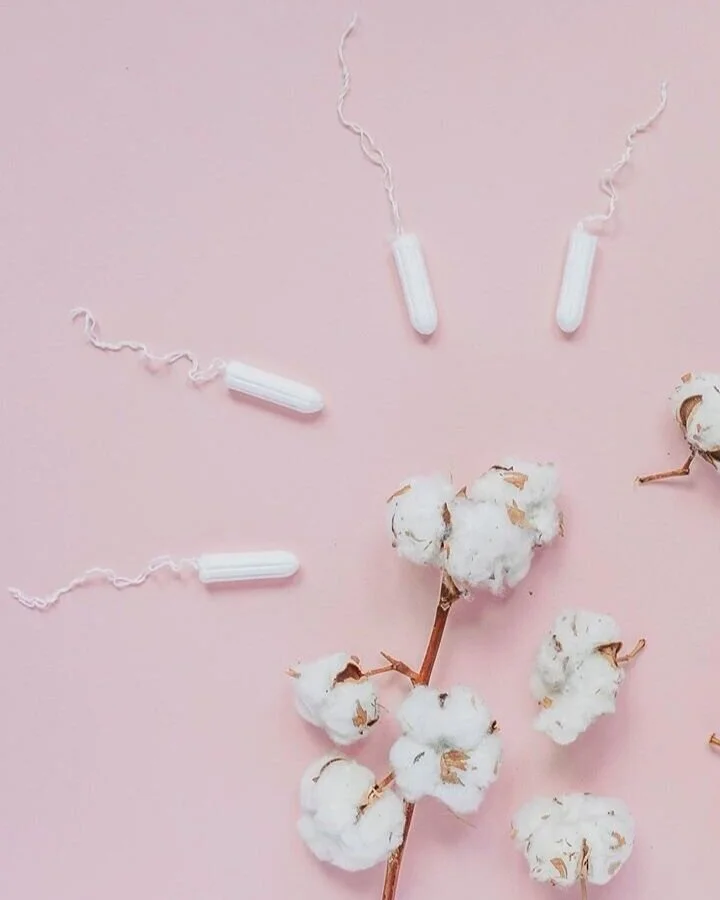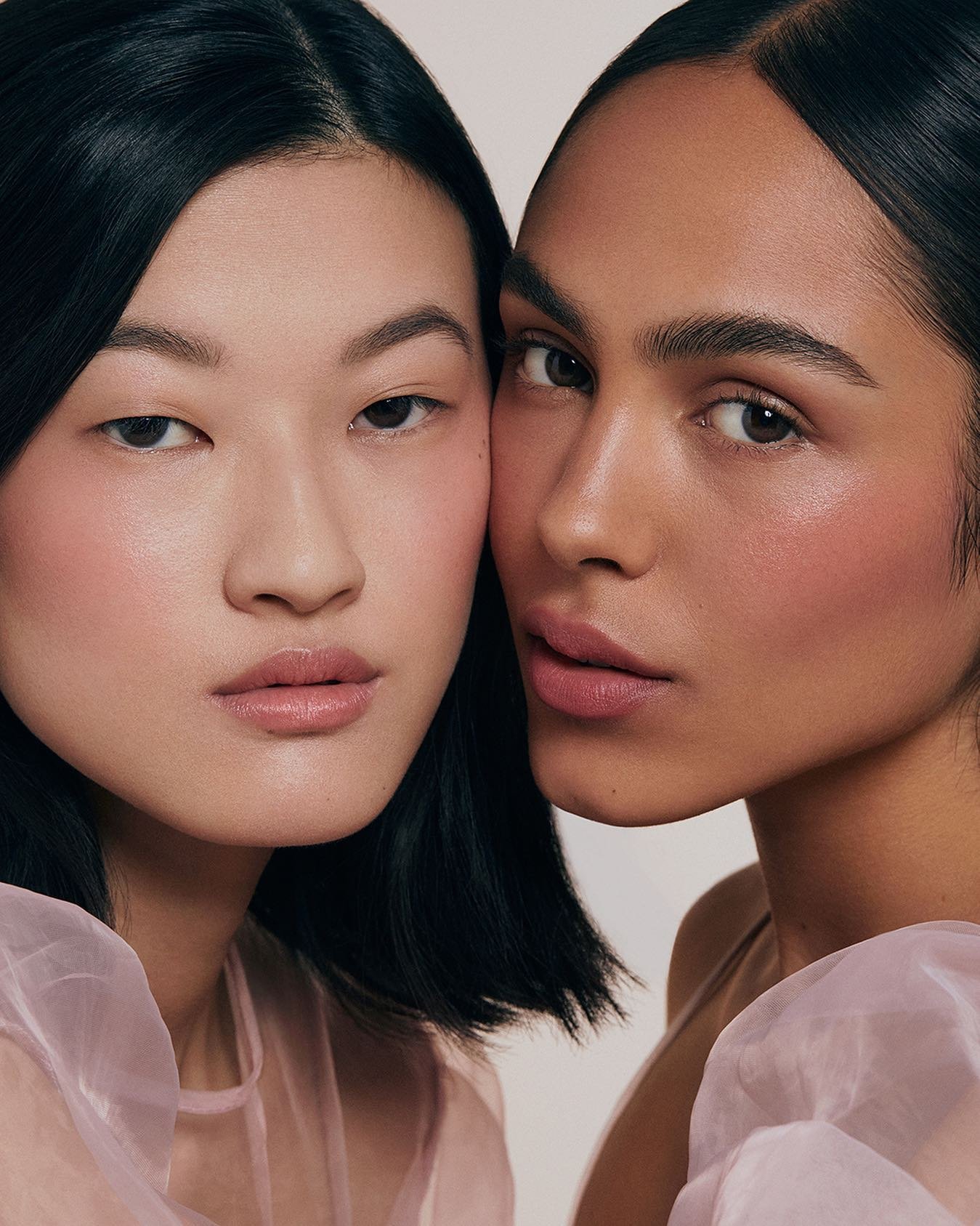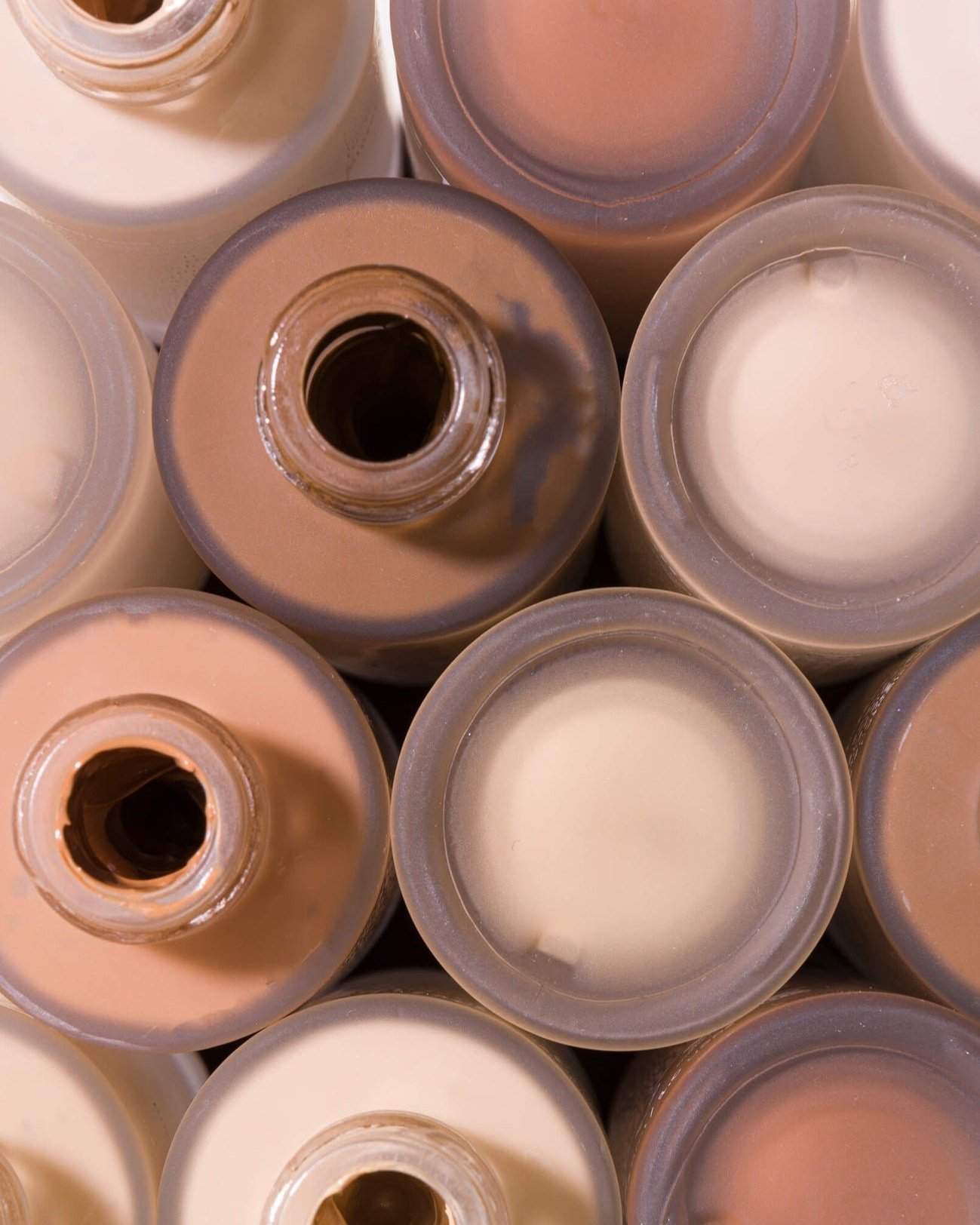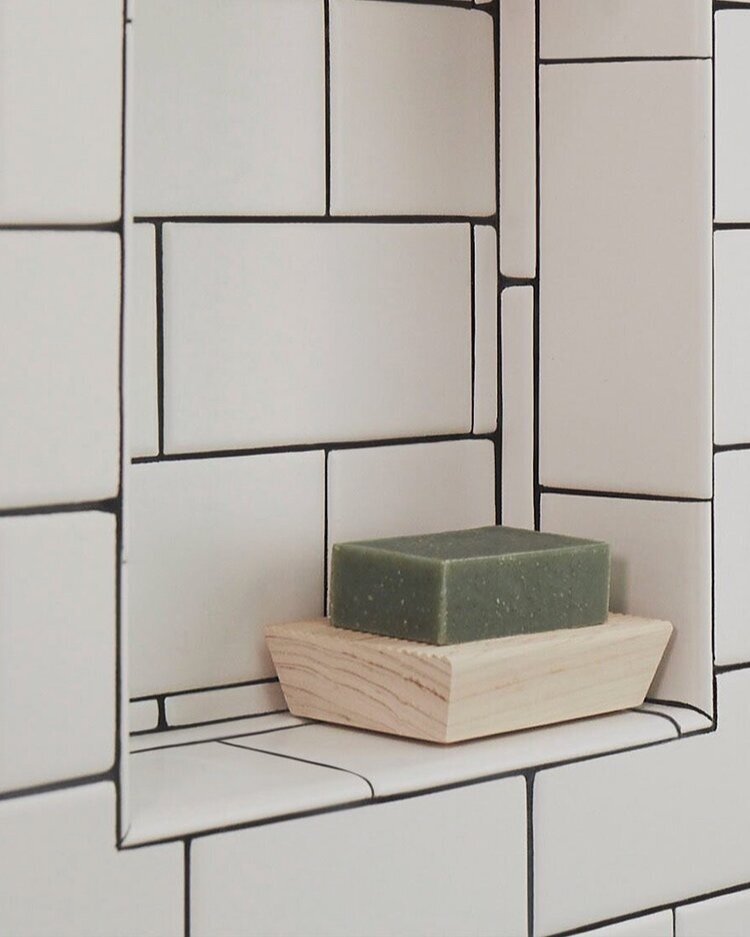Eco-Friendly Alternatives to the classic Crocs
Love them or hate them, Crocs have certainly made a significant impact on the shoe industry. Whether it's healthcare professionals relying on their comfort during long shifts or kids enjoying them on the playground, Crocs have become ubiquitous. While their popularity has ebbed and flowed over the years, today is National Crocs Day, providing an opportunity to discuss the innovative initiatives the brand is undertaking. Plus, we will explore alternative footwear options that are even more environmentally friendly for those seeking sustainable choices.
The Sustainable Evolution of Crocs
Unfortunately, because Crocs are made of a synthetic material, we can’t really call them sustainable. Additionally, there is a lack of transparency regarding the entire production process and the people involved in making the shoes. However, over the past few years, Crocs has been dedicated to making significant advancements in the realm of sustainability. One of their key initiatives has been the development and utilization of Croslite™, a proprietary foam material that offers exceptional durability while requiring significantly less energy for production compared to conventional shoe materials. Furthermore, this innovative foam is fully recyclable, making it easier for customers to responsibly dispose of their beloved Crocs.
They are proud to be at the forefront of incorporating bio-based, bio-circular content into their Croslite™ compounds, effectively repurposing plant-based waste to create shoes that deliver the same level of comfort that Crocs are renowned for. All the bio-based material they use is certified as bio-circular by ISCC PLUS. As of September 2024, they have successfully integrated 25% bio-circular content within their Croslite™ compounds, and are committed to reaching 50% bio-circular content by 2030. The majority of their shoes are crafted using Croslite™ compounds, accounting for nearly 80% of all raw materials purchased and produced.
Furthermore, Crocs has been actively involved in promoting a circular economy by implementing various measures to encourage customers to participate in the brand's "Crocs Cares" program. This innovative initiative not only aims to reduce the environmental impact of discarded footwear but also emphasizes the importance of recycling and repurposing. Customers are encouraged to return their worn-out Crocs, which are then meticulously recycled and transformed into new products, effectively minimizing waste and making significant contributions to fostering a more sustainable future.
Sustainable practices in the fashion industry
As the fashion industry continues to confront its environmental impact, the importance of sustainability has increasingly become a significant consideration for both brands and consumers. The industry's heavy reliance on resource-intensive production processes, the prevalent use of non-biodegradable materials, and the management of waste have all come under close scrutiny in recent years. In response to these mounting concerns, numerous fashion brands have taken proactive steps to integrate sustainable practices into their operations. This shift towards sustainability aims to lessen their carbon footprint and champion eco-friendly initiatives.
Consumers are demonstrating an increasing awareness of the environmental repercussions of their purchasing decisions and are actively seeking out brands that align with their values. The sustainable evolution of Crocs serves as an exemplary showcase of the brand's unwavering commitment to addressing the industry-wide challenges. Through the incorporation of more eco-friendly materials, Crocs is demonstrating that mainstream fashion and sustainability can harmoniously coexist. But there is still a long road ahead, and we hope to see their materials evolve.
Our Top Picks for Eco-Friendly Alternatives to Crocs:
1. Keep It Going Recycled Classic Clog by Crocs
Price: $50
Let’s start off the alternatives with a pair of Crocs! Introducing the limited-edition Keep It Going Clog crafted using recycled shoes collected through their ‘Old Crocs. New Life.’ program. This clog features a unique grind effect created from a variety of old Crocs, making each pair one-of-a-kind. The clog incorporates at least 25% post-consumer recycled content, with the remaining 75% constructed from their proprietary Croslite™ material. The bio-circular Croslite is derived from repurposed bio-based waste from other industries, such as cooking oil, further enhancing the shoe's eco-friendly profile. The design also features a unique rivet logo showcasing Duke with arrows, symbolizing the continuous cycle of sustainability. With its water-friendly, lightweight, and quick-drying properties, this clog delivers the iconic comfort and versatility that Crocs are known for.
2. Rodeo Drive by Ales Grey
Price: $88
The Rodeo Drive clog by Ales Grey is a meticulously crafted shoe made in Italy. These clogs boast a range of impressive features, including UV+ water resistance and washability, an antibacterial closed-cell structure, and construction using XL EXTRALIGHT® Sustainable+ material made from 51% pre-consumer recycled materials that are GRS Global Recycled Standard certified. What's more, the manufacturing process involves zero water waste and utilizes recycled packaging. Plus, for every order placed, a tree will be planted to offset the carbon emissions generated by the package shipment, thanks to their partnership with EcoDrive. At Ales Grey, they take pride in their innovative approach, which combines advanced engineering, injection molding technology, and sustainably certified bio-based materials. Their focus extends beyond just making shoes; they are dedicated to creating footwear designed for frontline workers, outdoor enthusiasts, and individuals prioritizing foot health recovery!
3. Revive Shoe by KANE Footwear
Price: $80
KANE Footwear is a Certified B Corp brand that is dedicated to creating a positive impact through their sustainably designed products. Their shoe, the Kane Revive, is specifically crafted for active recovery, featuring a transformative design and innovative materials. It is washable, quick-drying, and ultra-durable, making it the perfect choice for those who lead an active lifestyle. As a special bonus, each purchase of the Kane Revive shoe includes a Kane carabiner, allowing you to easily attach your Kane product to backpacks, storage hooks, and similar items. This shoe is made in Brazil from sugarcane-based EVA foam, which not only provides exceptional performance but also helps reduce greenhouse gases by capturing CO2 as the sugarcane grows. This renewable resource not only supports sustainability efforts but also provides the ideal balance of cushioning and support to help the body renew.
4. Jefferson Clog by Native
Price: $55
The new Jefferson clog-style silhouette from Native is designed with both style and sustainability in mind. Crafted from Sugarlite™, a sugarcane-based EVA material, these shoes are not only cute but also more eco-friendly, emitting fewer greenhouse gases compared to traditional EVA production. The material is easy to clean, provides excellent shock absorption, and is resistant to odors. With a heel-less design, slipping them on is effortless. Native has built a reputation for creating versatile, water-friendly footwear suitable for everyday wear. Plus, once you're ready to part ways with a pair, you can send them back to Native to contribute to their Remix Project, where the materials are repurposed for playgrounds!
5. Billie Clogs by Merry People
Price: $100
Whether you're pottering around the home or tending to your garden, the Billie Clog offers you a comfortable slip-on option. The sole design provides excellent traction on slippery surfaces, and the neoprene lining ensures each step is cushioned with comfort. Made with quality natural rubber, the Billie Clog also features arch support and is 100% vegan.
While Merry People isn’t the most sustainable brand, they are committed to becoming more eco-friendly in the future. Although they currently use virgin (new) rubber for many of their styles, they are actively testing 100% recycled rubber. Their new styles, Tully and Fergie, utilize FSC certified natural rubber in the uppers and 20% recycled rubber in the outsoles.
MAKE SURE TO PIN THE PHOTO BELOW TO SAVE THIS POST FOR LATER!
Searching For MORE SUSTAINABLE BRANDS?
The Brand Directory features hundreds of sustainable brands approved by us!
We have broken everything down by category for easy shopping, along with discount codes unique to Sustainably Chic viewers.
















